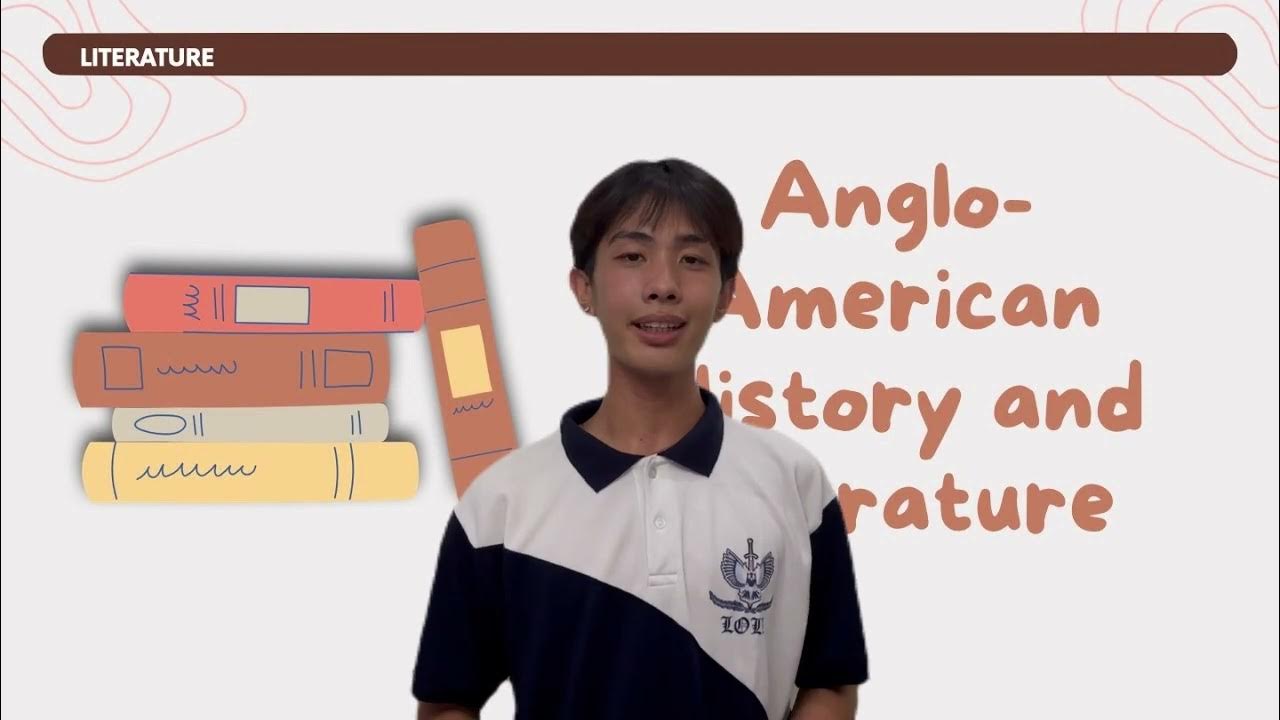Antônio Candido
Summary
TLDRThe speaker emphasizes the universal necessity of literature as a fundamental human right, enriching our perspective on life and the world. They argue that literature, from folklore to classics, should be accessible to all social classes, reflecting an equitable society. The speaker highlights the transformative power of literature on individuals and criticizes societal injustices that deny access to literary works, viewing it as a form of deprivation. They conclude with anecdotes about workers seeking self-improvement through literature and the importance of providing quality literature to all, regardless of social status.
Takeaways
- 📚 Literature is a universal necessity experienced in all societies, from the most primitive to the most advanced, as it complements life and enriches understanding of the world.
- 🌟 Reading enriches individuals subconsciously, influencing their perception and enriching their worldview without them realizing it.
- 🔍 The creation of fictional worlds integrates into our lives and becomes a part of how we see the world and exist within it.
- 🚫 In an unjust society, literature is poorly distributed, leading to different types of literature being inaccessible to certain groups.
- 🌱 Folklore serves as the literature for those who may not have access to other forms, but it is still a rich part of their cultural heritage.
- 🌟 A well-organized society would make all levels of literature accessible to all social groups and classes.
- 💡 Literature has the power to improve human beings, regardless of the type, from simple fables to complex novels.
- 📚 The speaker believes that no one who has experienced literature from folklore to works by authors like Camões and Dostoevsky has not been enriched by it.
- 🏛 In an ideal society, access to literature at all levels, not just material needs, would be ensured for everyone.
- 😢 Denying someone the ability to read works by authors like Machado de Assis or Dostoevsky is seen as a form of social brutality and deprivation.
- 📖 The right to literature leads to social justice and the accessibility of literature for all, which is a fundamental aspect of a just society.
- 👏 The story of the Milan municipality providing workers with free time to study language and read books illustrates the importance of literature in personal development.
Q & A
What is the speaker's view on the necessity of literature in human life?
-The speaker believes that literature is a universal necessity experienced in all societies, from the most primitive to the most advanced. It complements life and enriches one's understanding of the world.
How does Goethe's perspective on literature relate to the speaker's view?
-Goethe's perspective, as mentioned by the speaker, is that literature enriches individuals and helps them understand the world better. This aligns with the speaker's view that literature is essential for a richer life experience.
What role does the speaker attribute to the unconscious mind in the process of literary enrichment?
-The speaker suggests that the unconscious mind plays a significant role in literary enrichment, as people often store and accumulate literary experiences without being fully aware of it.
How does the speaker describe the integration of fictional creation into our worldview and identity?
-The speaker explains that fictional creation integrates into our worldview and identity, becoming a component of how we see the world and how we exist, even if it's not always consciously recognized.
What is the speaker's opinion on the accessibility of literature in a well-organized society?
-The speaker believes that in a well-organized society, all levels of literature should be accessible to all social groups and classes, ensuring that everyone has the opportunity to engage with various forms of literature.
What types of literature are mentioned as not being accessible to a 'very rustic man'?
-The speaker mentions that certain types of literature are not accessible to a very rustic man, but instead, he has his own literature, referred to as folklore.
What is the speaker's stance on the impact of literature on human beings?
-The speaker is convinced that literature greatly improves human beings, regardless of the type of literature, from children's stories to complex literary works like 'The Brothers Karamazov'.
How does the speaker connect the right to literature with social justice?
-The speaker connects the right to literature with social justice by arguing that ensuring access to literature for all is a form of social justice, and denying this access is a form of social brutality.
What historical example does the speaker cite to illustrate the desire for literature among workers?
-The speaker cites the example of the Milan municipality, which managed to get industrial workers to have free time for their own activities, during which they chose to improve their language skills to read certain books.
What mistake did Jean Guéhenno make when trying to provide literature for the working class, according to the speaker?
-Jean Guéhenno made the mistake of pride by assuming that the working class needed literature specifically made for them, rather than providing them with 'good literature' like that of Balzac, Zola, and Stendhal, which they enjoyed.
What conclusion does the speaker draw about the importance of literature for the poor?
-The speaker concludes that the poor desire good literature, not just literature made specifically for them, and that access to literature is a crucial aspect of social justice and an ideal society.
Outlines

This section is available to paid users only. Please upgrade to access this part.
Upgrade NowMindmap

This section is available to paid users only. Please upgrade to access this part.
Upgrade NowKeywords

This section is available to paid users only. Please upgrade to access this part.
Upgrade NowHighlights

This section is available to paid users only. Please upgrade to access this part.
Upgrade NowTranscripts

This section is available to paid users only. Please upgrade to access this part.
Upgrade Now5.0 / 5 (0 votes)





